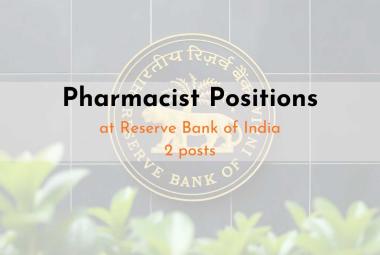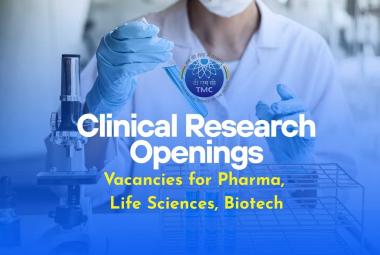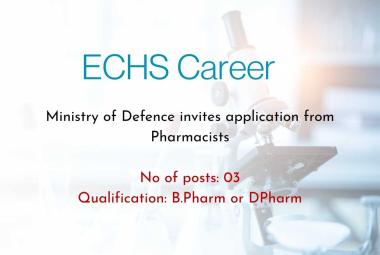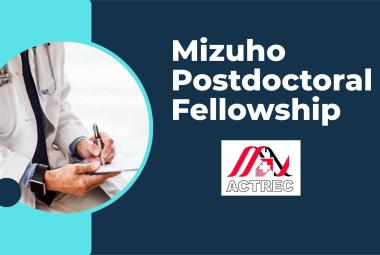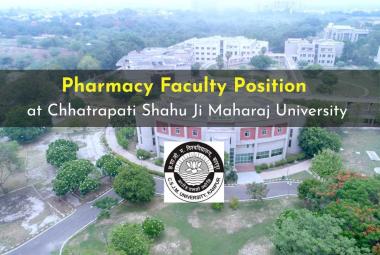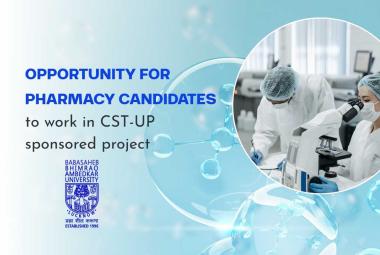In the United States, Actavis plc, global pharmaceutical company, has launched Avycaz (ceftazidime-avibactam) to treat adult patients with complicated intra-abdominal infections (cIAI) (in combination with metronidazole) and complicated urinary tract infections (cUTI) including pyelonephritis caused by designated susceptible bacteria, including certain Enterobacteriaceae and Pseudomonas aeruginosa. Avycaz should be reserved for use in patients who have limited or no alternative treatment options.
Multitasking may hamper your performance and even damage your brain, new research has claimed. A study conducted at Stanford University found that people who are regularly bombarded with several streams of electronic information cannot pay attention, recall, or switch from one job to another as well as those who complete one task at a time.


